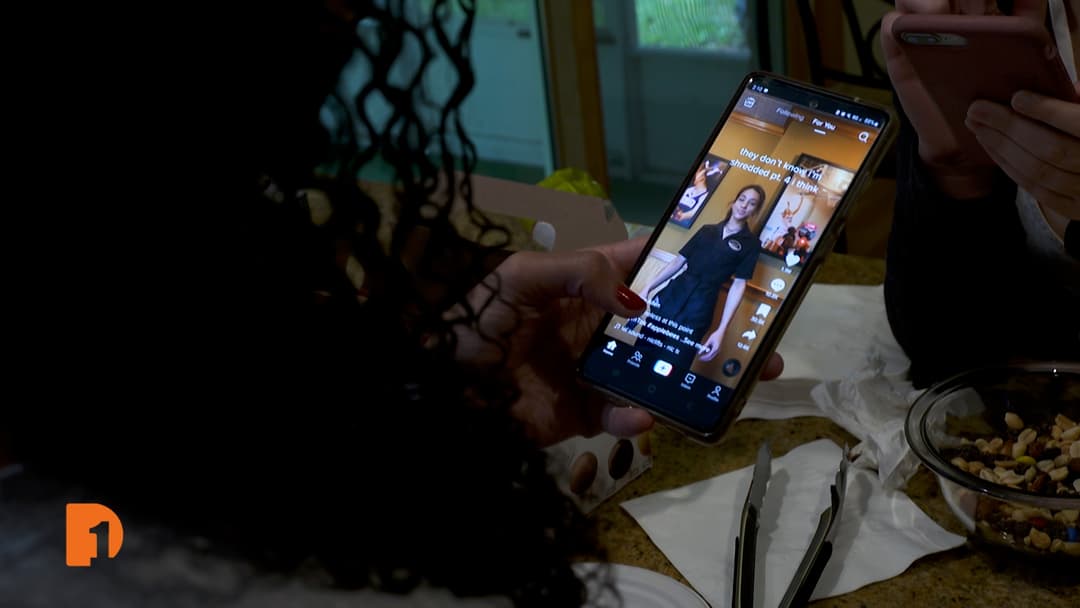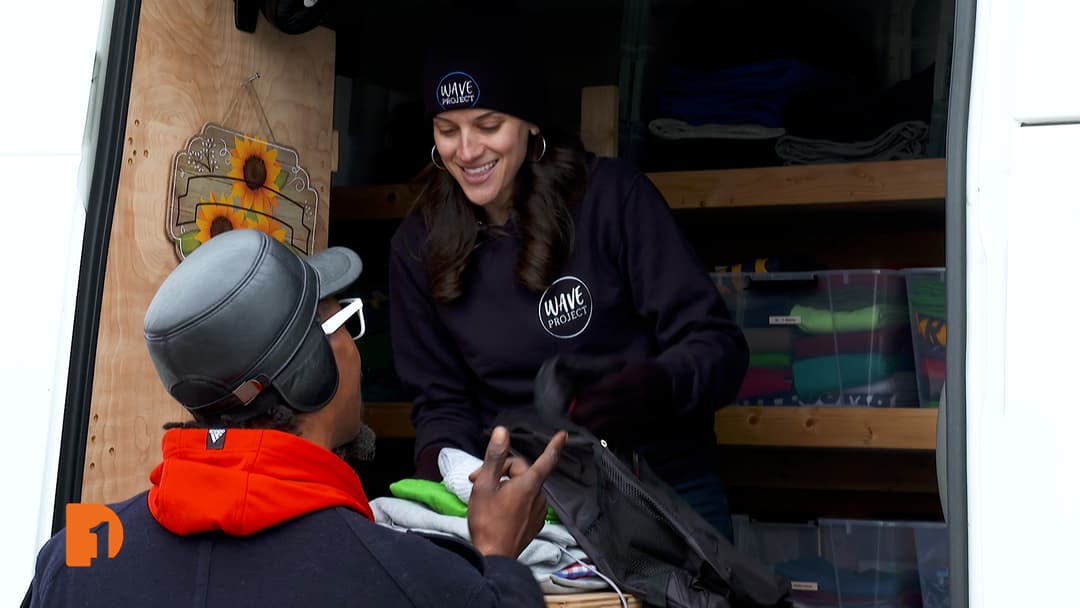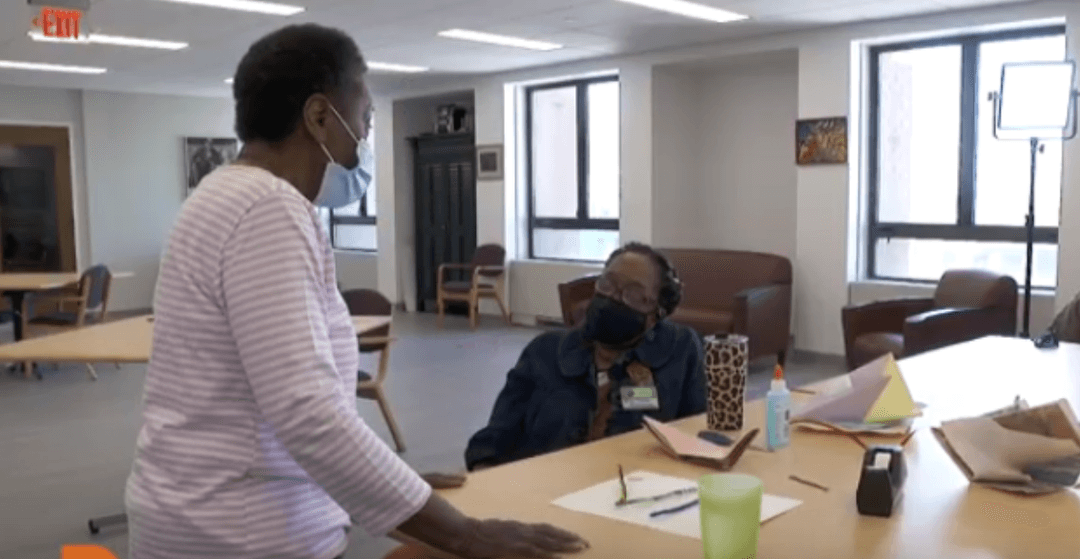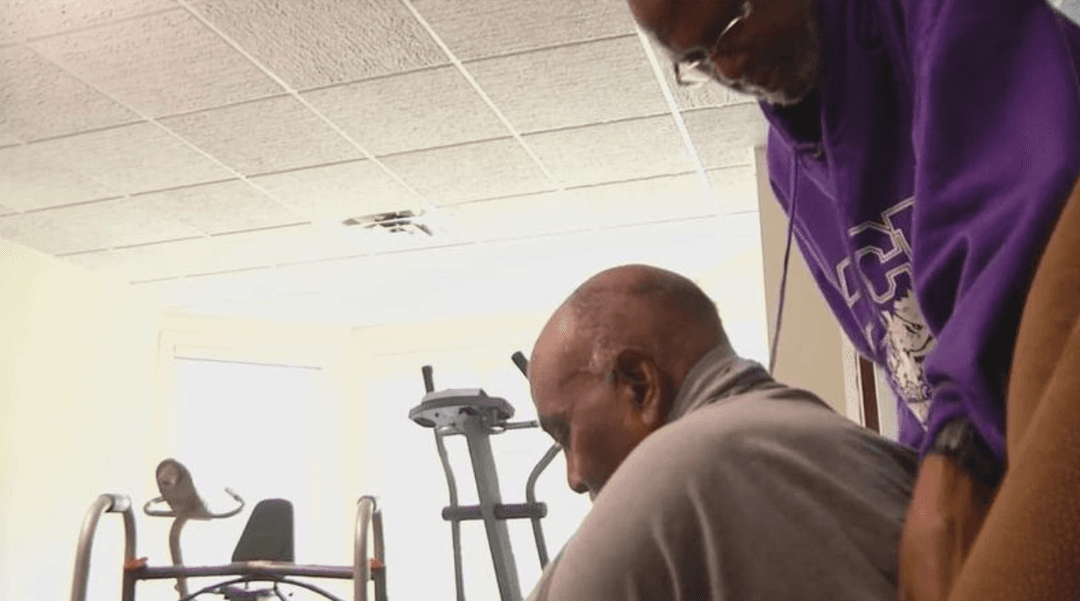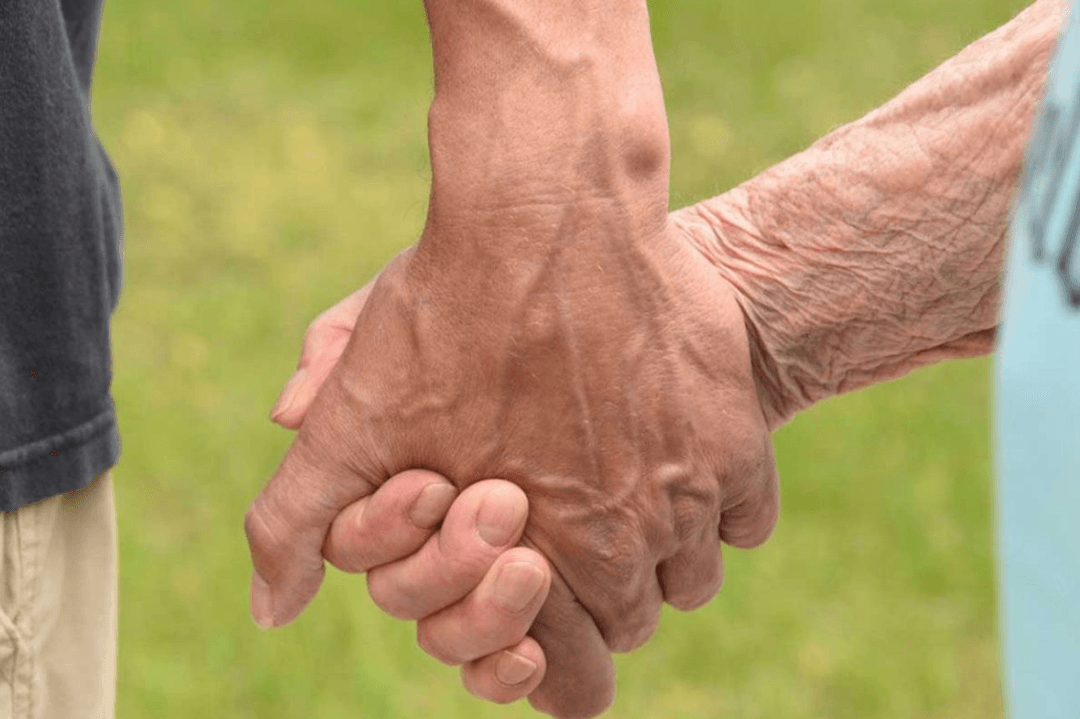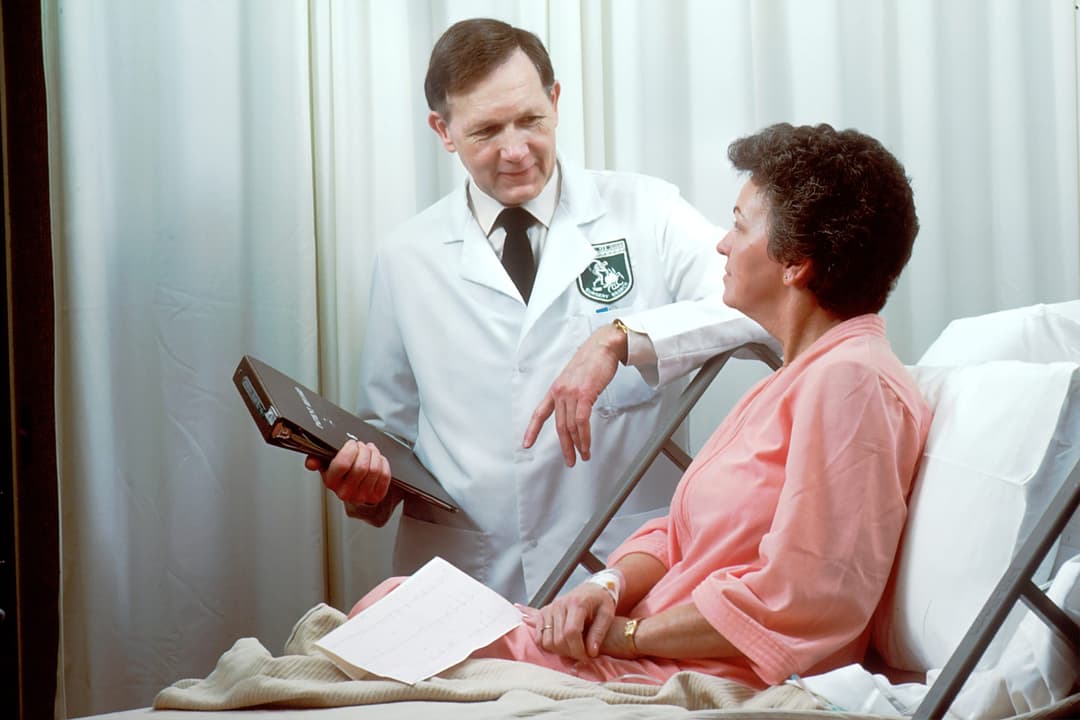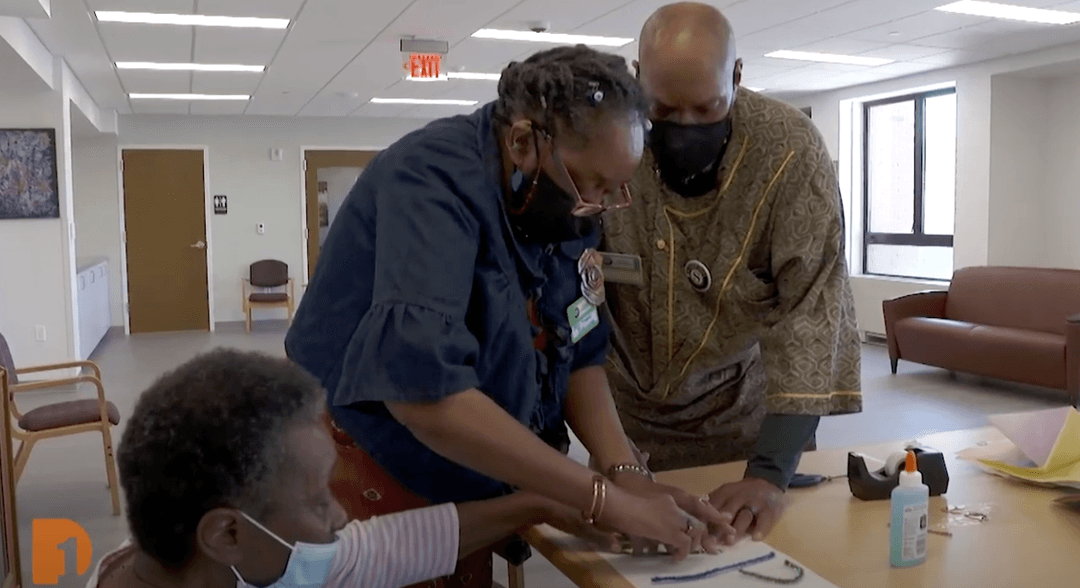
WXXI News | More youths are becoming home caregivers. Experts say they need more help and support
Feb 9, 2022
Daniela Castro-Martinez (R) with her mom, Sandra. Daniela became a youth caregiver after her mother’s ALS diagnosis. | Photo provided
[et_pb_audio audio=”https://wordpress.detroitpbs.org/wp-content/uploads/2022/02/FEAyouth-caregiverswav.mp3″ title=”LISTEN” admin_label=”Audio Story ” _builder_version=”4.16″ _module_preset=”default” title_text_color=”#FFFFFF” background_color=”#E09900″ module_alignment=”center” height=”100px” custom_padding=”0px|0px|0px|0px|false|false” global_colors_info=”{}”]
By April Franklin, WXXI News
Daniela Castro-Martinez remembers how dedicated and active her mother was before she got sick, giving her only child a lot of attention.
“Every weekend, she’d take me to tennis tournaments. Sometimes they were like an hour, two hours away. She would do that because she knew that I loved the sport,” Castro-Martinez said. “She did everything for me and never complained about it.”
That was before Sandra Martinez was diagnosed with amyotrophic lateral sclerosis, or ALS. The disease is progressive and affects nerve cells in the brain and the spinal cord.
Martinez lost her mobility around the time her daughter started high school. That’s when the roles essentially reversed, and Castro-Martinez became one of her mother’s primary caregivers.
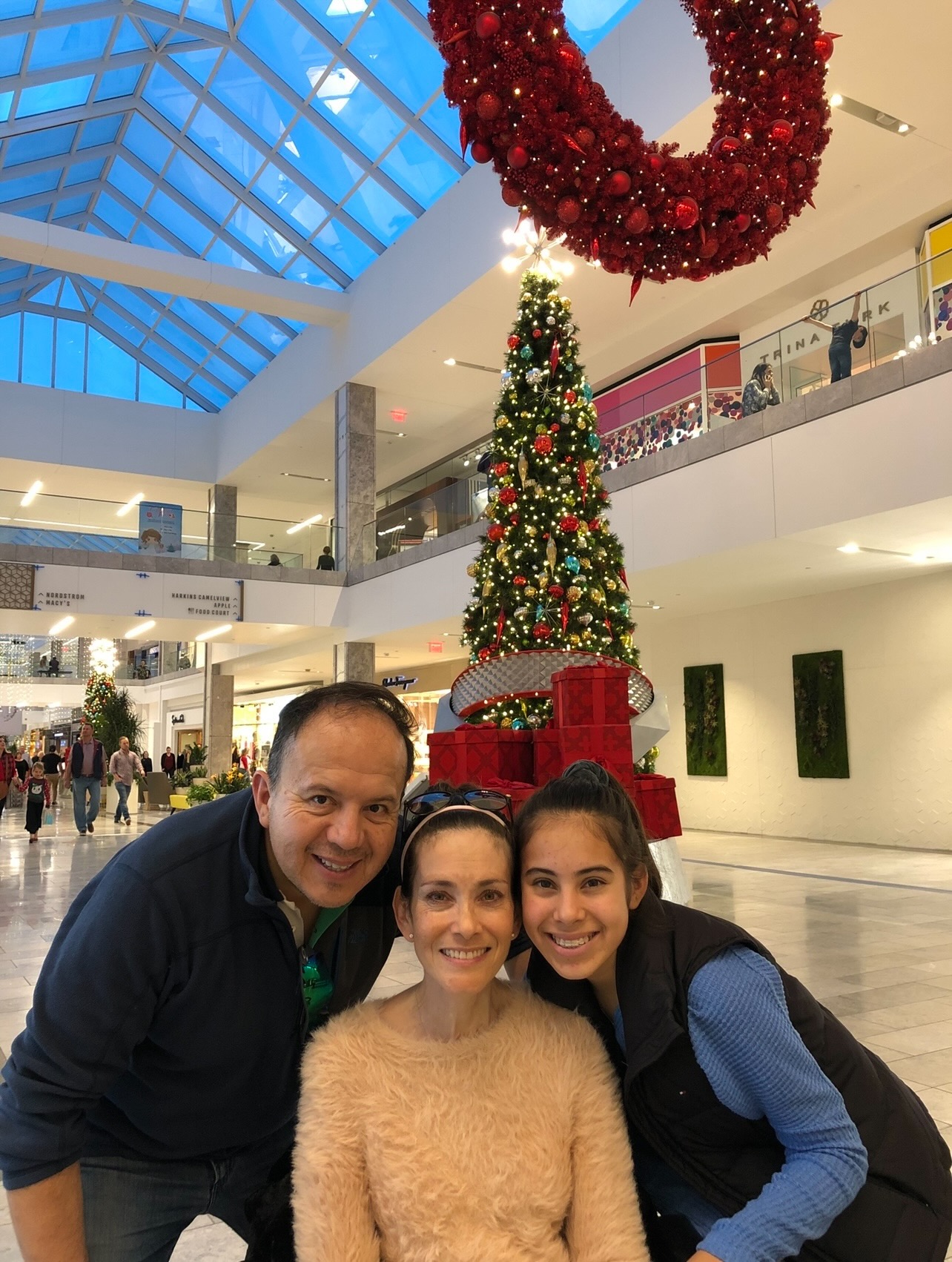
Castro-Martinez and her father would often alternate cooking her mother’s meals and taking care of her personal hygiene.
“I would feed her and brush her teeth, sometimes I would position her and put her into bed and everything,” Castro-Martinez said, adding that when her father was away on trips, she would have to take care of everything at their Arizona home.
Castro-Martinez, now a high school senior, is part of a growing population of youth caregivers who assist in the daily care or provide emotional support for other people living in their homes.
It’s estimated that about 5.4 million young people in the U.S. are caring for someone in their home, a number that researchers believe is greatly underestimated.
They assist in the care for disabled parents, chronically ill siblings, or elderly relatives, and their challenges and experiences vary. Some studies suggest that many have increased anxiety and depression, and for most, resources are hard to find.
“Being able to communicate with others that were in a similar situation maybe would have made me feel more hopeful.” – Daniela Castro-Martinez |
For Castro-Martinez, while some of her peers worry about their Instagram likes, her high school career has been a balance between schoolwork and caregiving responsibilities. Very few teachers and classmates knew what she went through until her mother’s death in June 2021. Castro-Martinez said it was isolating at times.
“Being able to communicate with others that were in a similar situation maybe would have made me feel more hopeful,” Castro-Martinez said.
Carol Levine is a home health care advocate who has championed the support of youth caregivers for nearly two decades. She said youth caregivers have a hard time finding friends who can relate to their situation.
“They don’t want to talk about it, and they don’t get the support from their peers, which could be a good source of support if everyone understood why you can’t hang out today,” Levine said.
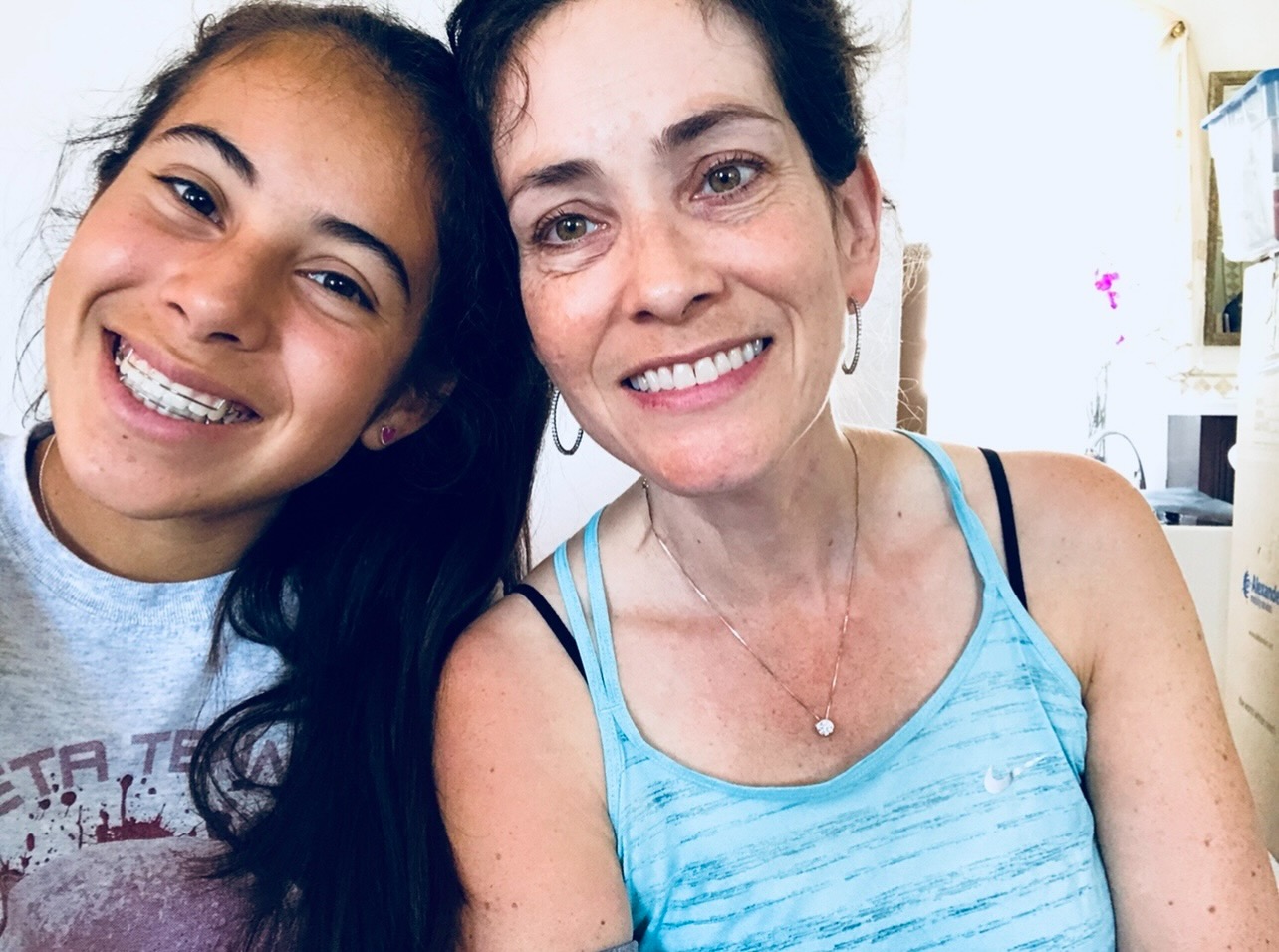
When it comes to supporting caregivers, Levine said the focus has primarily been on adults because some families don’t disclose what their children are doing in fear that they’d be taken out of the home.
But she said that’s not the answer.
“The answer is to provide enough support in the home, that the young person can contribute in a meaningful way, but not be responsible for the whole thing,” Levine said.
She added the COVID-19 pandemic and opioid crisis has increased the number of youth caregivers and the need to pay attention to them.
Efforts to support youth caregivers face challenges
There has been very little progress in establishing policies to support youth caregivers across the globe. There are national efforts established in the United Kingdom and Australia, but recognition of children as caregivers in the U.S. is still emerging. There currently are only a handful of organizations that provide programming and services specifically for youth caregivers.

The American Association of Caregiving Youth, or AACY, is one of them. The organization has been advocating for recognition and providing support to youth caregivers since the late 1990s. Based in Palm Beach County, Florida, it’s the only one of its kind in the U.S.
Founder Connie Siskowski said she took interest after a youth risk behavior survey revealed thousands of students in Palm Beach County were providing care in their homes.
“And of those, more than one in three said they were either missing school, not doing homework, and having trouble focusing,” Siskowski said.
AACY’s Youth Caregiver Project is designed to provide support both in school and at home. The curriculum is customized based on the individual’s needs. That might include tutoring, counseling, or connecting students with school supplies or food resources.
Not having a standard way to identify youth caregivers is one of the biggest obstacles in providing support. Youth caregivers remain absent from national surveys, preventing anyone younger than 18 from having access to federal- and state-funded resources.
Though it’s limited to its geographical area, AACY developed a screening tool — a questionnaire to identify caregivers in their program.
Siskowski said kids don’t self-identify, and partnering with the Palm Beach County school district has been key.
[button link=”https://www.wxxinews.org/local-news/2022-02-07/more-youths-are-becoming-home-caregivers-experts-say-they-need-more-help-and-support” color=”orange” newwindow=”yes”] Read Full Story
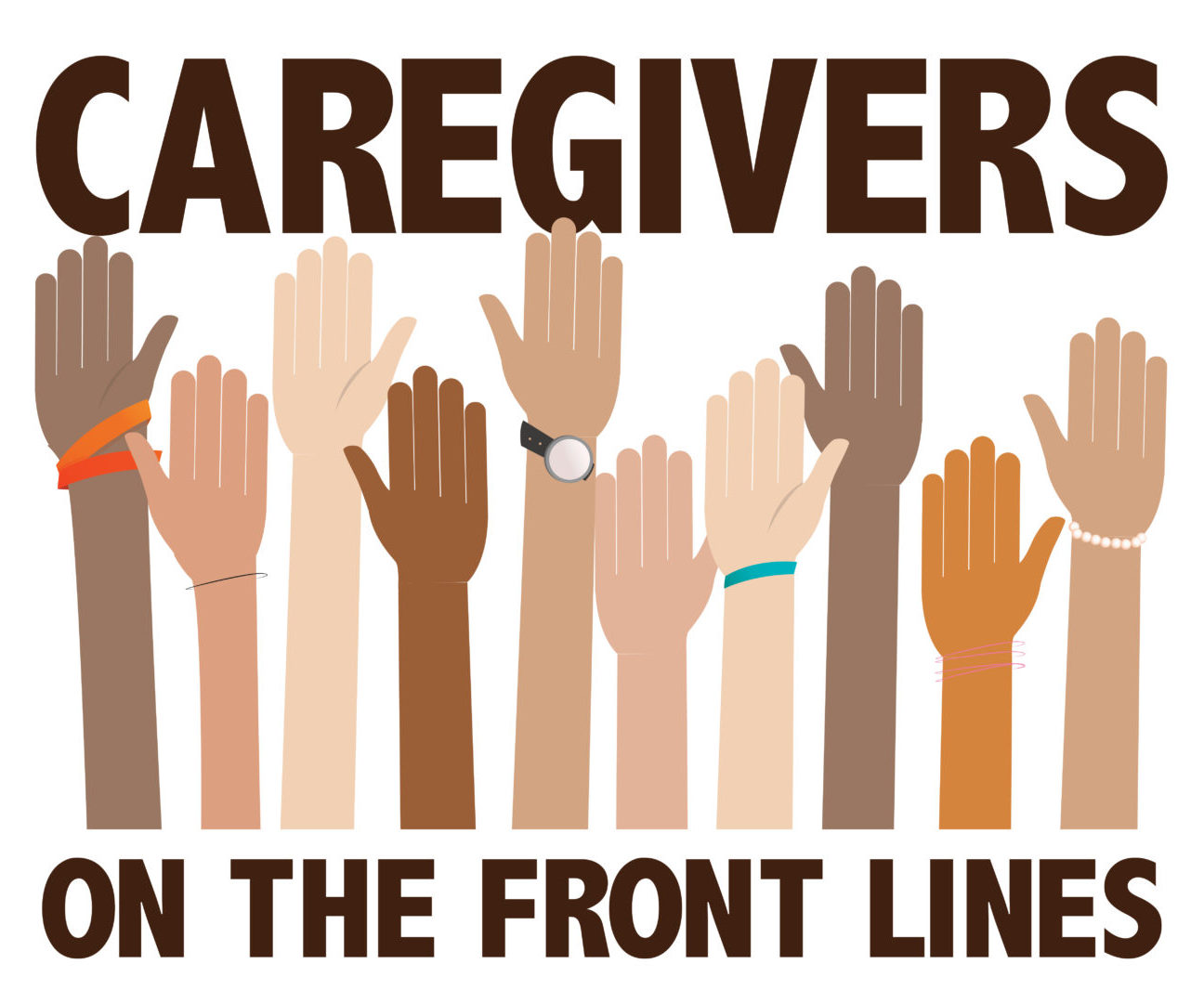
This story was produced through the New York & Michigan Solutions Journalism Collaborative, a partnership of news organizations and universities dedicated to rigorous and compelling reporting about successful responses to social problems. The group is supported by the Solutions Journalism Network.
The collaborative’s first series, Invisible Army: Caregivers on the Front Lines, focuses on potential solutions to challenges facing caregivers of older adults.
Subscribe to One Detroit’s YouTube Channel & Don’t miss One Detroit Mondays and Thursdays at 7:30 p.m. on Detroit PBS, WTVS-Channel 56.
Catch the daily conversations on our website, Facebook, Twitter @DPTVOneDetroit, and Instagram @One.Detroit
View Past Episodes >
Watch One Detroit every Monday and Thursday at 7:30 p.m. ET on Detroit Public TV on Detroit Public TV, WTVS-Channel 56.
Stay Connected
Subscribe to One Detroit’s YouTube Channel.
Catch the daily conversations on our website, Facebook, Twitter, and Instagram @detroitperforms
Related Posts
Leave a Reply
Your email address will not be published. Required fields are marked*

